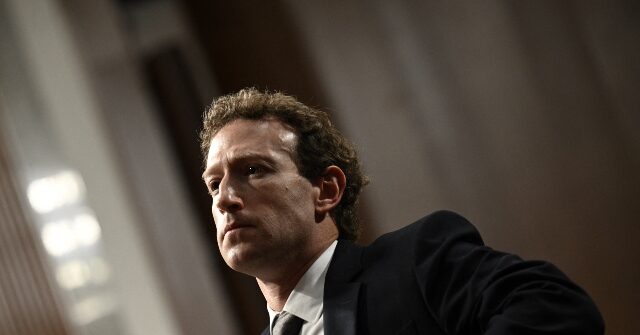In a recent ruling by Meta’s Oversight Board, Facebook has been instructed to reinstate a satirical image of Democratic nominee Kamala Harris and her running mate Tim Walz, portrayed in a parody of the 1994 comedy film “Dumb and Dumber.” The image, initially posted in August, depicted Harris and Walz engaging in a comical pose reminiscent of the film’s protagonists while accompanied by emojis that conveyed a humorous tone. Facebook’s removal of the post for allegedly violating its policies against derogatory sexualized content was deemed an overreach by the Oversight Board, which concluded that the image constituted a recognized form of satire.
The case was brought before the Oversight Board—an independent panel created by Meta in 2020 to examine contentious content moderation decisions—after the user appealed Facebook’s ban. The Board, which consists of 20 members largely aligned with leftist perspectives, ruled that the image was emblematic of political satire and should remain accessible on the platform. They highlighted that Facebook’s action was indicative of an excessive enforcement of its bullying and harassment policies, particularly in relation to political expression.
In its decision, the Oversight Board underscored the importance of preserving free political speech, especially in the lead-up to an election. They argued that overly stringent removal of such content could stifle legitimate criticism of government officials and candidates. The Board framed the image as a commonplace form of satire that is recognizable and should be afforded protection under the umbrella of political discourse. Their assessment reflects broader concerns regarding the fine line that social media platforms must navigate between ensuring respectful dialogue and allowing for robust political commentary.
The decision is particularly relevant as the United States approaches the 2024 presidential election. Social media plays a critical role in shaping public opinion and facilitating political debate, raising the stakes for platforms like Facebook as they grapple with the challenges of content moderation. The Oversight Board’s ruling may set important precedents for how satire and political commentary are treated on social media, especially regarding the guidelines that govern perceived harassment or bullying.
This incident serves as a significant example of the ongoing tension surrounding free speech and censorship on social media platforms. Critics have long expressed concerns that companies like Facebook can wield disproportionate power over public discourse by arbitrarily enforcing their policies. The Oversight Board’s decision reflects a growing recognition of the need to safeguard satirical and political speech to encourage open debate in democratic societies.
Following the Oversight Board’s directive, Facebook has reinstated the satirical post by the original user. This outcome not only emphasizes the necessity for social media platforms to reconsider their stances on certain content but also highlights the crucial role that satire plays in political expression and public dialogue. As platforms continue to evolve and adapt to the changing landscape of online communication, the interplay between content moderation policies and the promotion of free speech will remain an essential topic for discussion and analysis.

